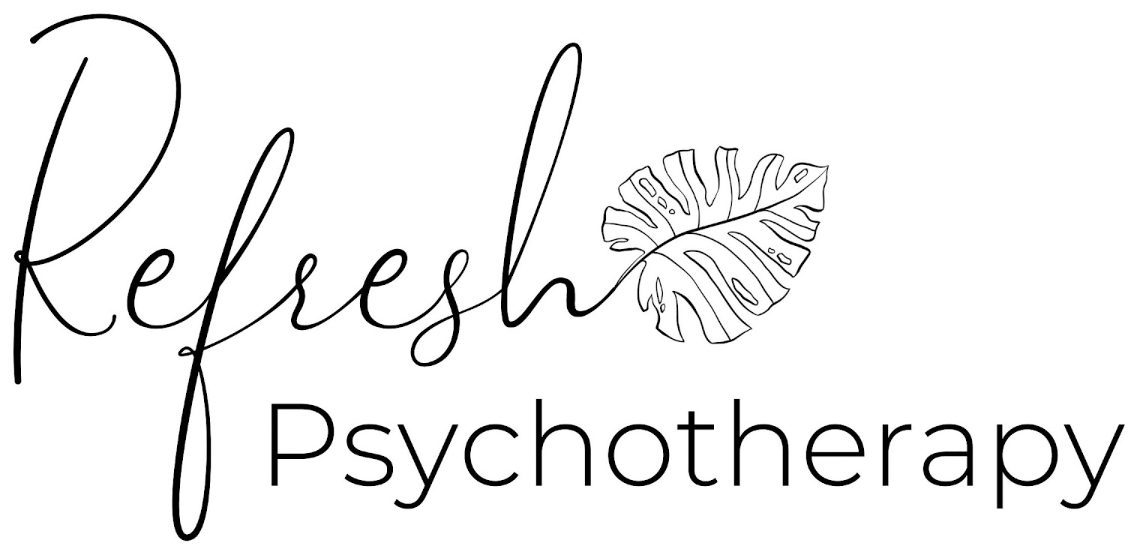
Treatment Fatigue
Do you ever find yourself asking the question, “Should I continue doing therapy?” Sometimes we hit a point in therapy where it seems less fruitful than it once was; or worse, maybe we even start to feel distressed at the idea of preparing for our weekly sessions. I get it! I have been there, and trust me…it absolutely can be cyclical.
I have been in therapy for over four years. I have had sessions biweekly, once a week, and for a while even twice a week. I know from experience how taxing being in therapy can be on us. Nevertheless, in moments when I am frustrated by, or even tired of, therapy I think about what it means to not have this outlet. I think about what it would be like to lose connection with my therapist after dedicating and investing so much time into developing my rapport with him. It is not easy for me–as I imagine it is not easy for you–to just create new relationships. Relationships are hard work…like really hard work! Wouldn’t you agree? If you do agree, then maybe this is a good blog post for you.
What to do when I am tired of therapy!
If your mind, or support system, is telling you to just suck it up or find someone else, it may be right. It may also be wrong. I always think it is best to challenge ourselves before we make any decisions in our lives. Personally, I ask myself a simple, yet daring, question. Can I live with this decision? If you feel like you no longer need or want therapy and you can navigate life well, and without symptoms, by all means end therapy. However, if there is a part of you that is concerned about if you can manage your symptoms or stressors without therapy, ending may not be the answer. I argue that what you are experiencing is treatment fatigue. What is meant by treatment fatigue? Treatment fatigue is the process in which we become burnout, or depleted, by constant treatment. This is particularly impactful when we feel like our symptoms are worsening or never changing. In physical health you find this often in patients who are fighting long-term conditions cancer, failing kidneys, HIV, among others.
Think of it like this. Remembering to take a pill everyday can become overwhelming, right? Well so can talking about your stressors and symptoms. Telling your therapist every week about your work anxiety or your sadness around dating prospects or even toxic relationship with a roommate/friend can be tedious and frustrating. For me, it was the drama and monotonous of dating as a professional Millennial. Like many of you, I was tainted by the wilds of the New York City dating scene. Thinking about this for 45 minutes straight every week and then getting homework to work on over the week about it can be…well let’s just say intense to say the least.
If you are currently thinking, “Well Andre, what is the resolution to treatment fatigue?” Here are three resolutions that I have used throughout my tenure as a person receiving long-term treatment in therapy.
- Take a break! Simple, yet effective. Talk to your therapist about taking a few weeks off, especially if you have not had a significant break and it has been over a year of treatment. This break should be exactly that, a break. This should not be a stepping stone for termination. I would recommend 2-4 weeks off. If you are taking longer than a week off you may lose your time slot with your therapist and reentering treatment is its own beast as I am sure you are aware from when you first started therapy. If you would like to terminate, then it is better to have that honest conversation with your provider.
- Spice things up! It is my true belief that sometimes we all forget that therapy is a relationship. It is a very specific kind of relationship, but a relationship nonetheless and should be treated as such. I remember once when I was feeling treatment fatigue I asked my therapist if we could try a different approach. For the next two weeks, we ran therapy differently. This will look different among all the different types of therapy out there, but for me it was as simple as us having sessions in a new location. A change of scenery really helped me feel less repetitive. For a brief moment in life, I finally got relief from the feeling of “here we go again.”
- Make sessions active! Ask your therapist to add some light movement to your sessions. It is even a great idea for you to come to sessions with some ideas. Many of you may have done some breathing exercises within your sessions. Those are great exercises to start with, but you can potentially add more. I have started some of my sessions with patients by standing and doing some breathing exercises. I have even added some light stretching for centering the self. One fun thing that I like to do, particularly after deep sessions is a shake. I stand with people and shake it out. All over, just be silly and loose with it, break up the tension we hold within our bodies.
These are just three tools you can use when you are starting to feel treatment fatigue. There are many others so please feel free to Google some and see what fits your style and needs if these are unhelpful. The greatest message to receive from this is locus of control. You are in control of your therapy sessions. You have the right to self-determination and if you are feeling fatigued or even bored with the work you are doing in therapy feel free expressing that by asking for a change in your treatment process. Termination is not always the answer, especially if you still believe there is work to be done.
